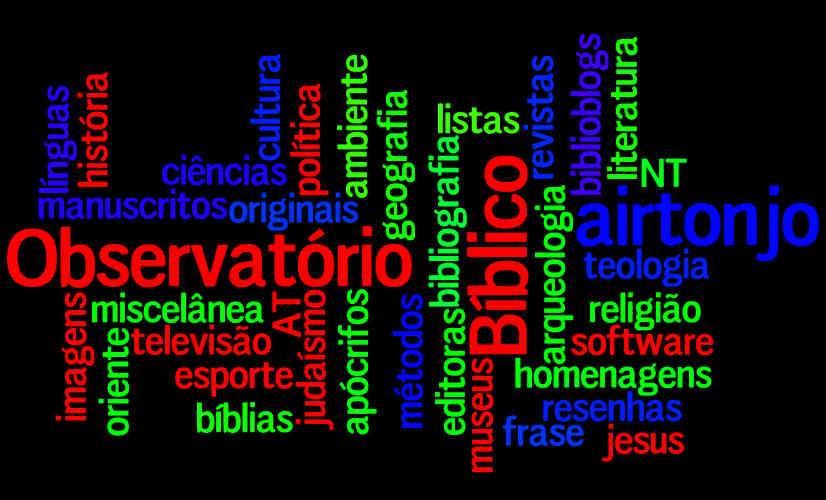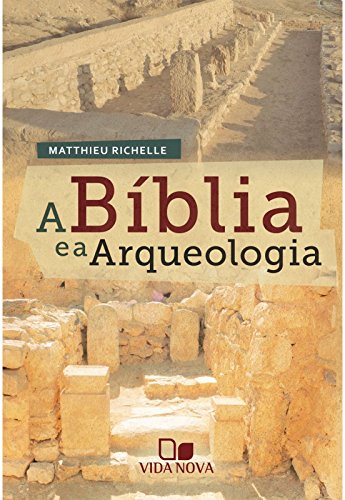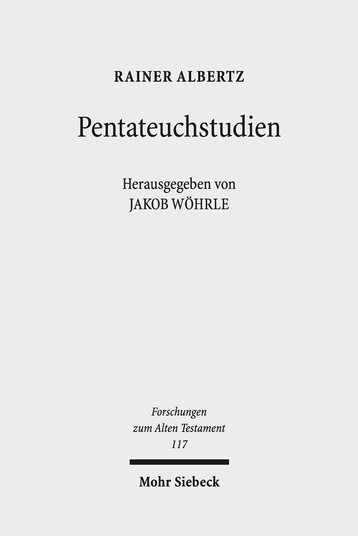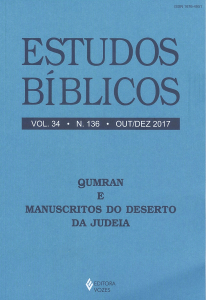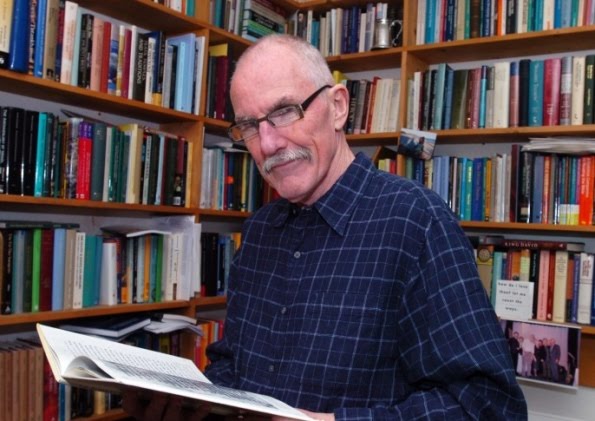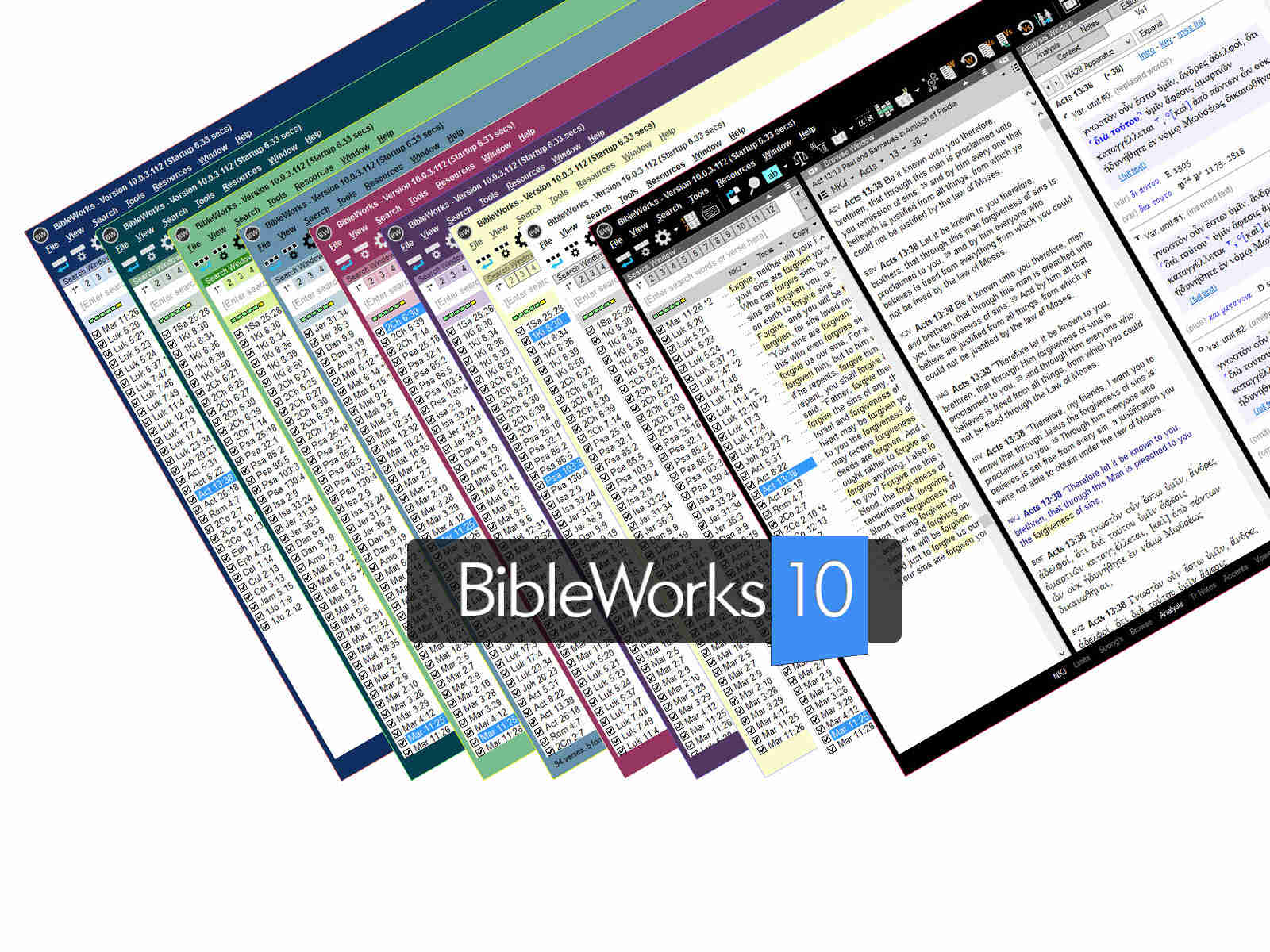Uma compreensão adequada do anúncio profético de Isaías é impossível se não prestarmos atenção suficiente à sua arte linguística e às características formais e temáticas que tornam suas palavras poesia.
An adequate understanding of Isaiah’s prophetic proclamation is impossible without sufficient attention to his linguistic artistry, to the formal and thematic features that make his words poetry (J. Blake Couey, Reading the Poetry of First Isaiah, p. 2).
Sempre afirmei isto em sala de aula.
Fui aluno de Luis Alonso Schökel e de Rémi Lack e minhas leituras na área passam por SCHÖKEL, L. A. Estudios de poética hebrea. Barcelona: Juan Flores, 1963; LACK, R. La symbolique du livre d’Isaie: Essai sur l’image littéraire comme élément de structuration. Rome: Biblical Institute Press, 1973 e SCHÖKEL, L. A. ; SICRE DIAZ, J. L. Profetas I-II. 2. ed. São Paulo: Paulus, 2002-2004.
Isto pode ser visto em meu livro A Voz Necessária: Encontro com os profetas do século VIII a.C.
Agora descobri este livro que parece interessante:
COUEY, J. B. Reading the Poetry of First Isaiah: The Most Perfect Model of the Prophetic Poetry. Oxford: Oxford University Press, 2015, XIV + 247 p. – ISBN 9780198743552.
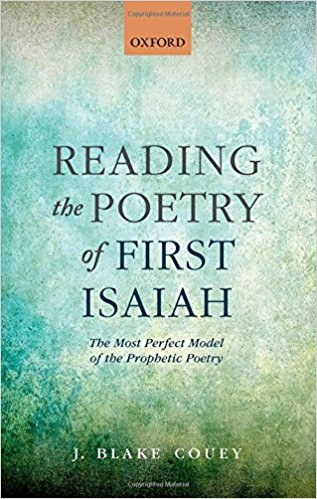
Reading the Poetry of First Isaiah provides a literary and historical study of the prophetic poetry of First Isaiah, an underappreciated but highly sophisticated collection of poems in the Hebrew Bible. Informed by recent developments in biblical studies and broader trends in the study of poetry, Dr J. Blake Couey articulates a fresh account of Biblical Hebrew poetry and argues that careful attention to poetic style is crucial for the interpretation of these texts. Discussing lineation, he explains that lines serve important rhetorical functions in First Isaiah, but the absence of lineated manuscripts from antiquity makes it necessary to defend proposed line divisions using criteria such as parallelism, rhythm, and syntax. He examines poetic structure, and highlights that parallelism and enjambment create a sense of progression between individual lines, which are tightly joined to form couplets, triplets, quatrains, and occasionally even longer groups. Later, Dr Couey treats imagery and metaphor in First Isaiah. A striking variety of images-most notably agricultural and animal imagery-appear in diverse contexts in these poems, often with rich figurative significance.
Couey’s work would be particularly helpful as an introduction to Hebrew poetics, as a contribution to literary work on Isaiah, and as an addition to current debates concerning the intersection of Hebrew poetry and prophetic literature (Chelsea Lamb, Ambrose University – Journal of Hebrew Scriptures – Volume 17, 2017).
J. Blake Couey teaches in the area of Hebrew Bible in the Religion Department at Gustavus Adolphus College in Saint Peter, MN.
Li duas resenhas sobre o livro:
Chelsea Lamb, Ambrose University – Journal of Hebrew Scriptures – Volume 17 (2017)
Elizabeth Hayes, Fuller Theological Seminary, Seattle – The Journal of Theological Studies, Volume 69, Issue 1, 1 April 2018, pages 222-225.
Este outro está previsto para agosto de 2018:
COUEY, J. B. ; JAMES, E. T. (eds.) Biblical Poetry and the Art of Close Reading. Cambridge: Cambridge University Press, 2018 – ISBN 9781316659670.
This volume explores the aesthetic dimensions of biblical poetry, offering close readings of poems across the Hebrew Bible/Old Testament. Composed of essays by fifteen leading scholars of biblical poetry, it offers creative and insightful close readings of poems from across the canon of the Hebrew Bible/Old Testament (Psalms, wisdom poetry, Song of Songs, prophecy, and poetry in biblical narrative). The essays build on recent advances in our understanding of biblical poetry and engage a variety of theoretical perspectives and current trends in the study of literature. They demonstrate the rewards of careful attention to textual detail, and they provide models of the practice of close reading for students, scholars, and general readers. They also highlight the rich aesthetic value of the biblical poetic corpus and offer reflection on the nature of poetry itself as a meaningful and enduring form of art.
Table of Contents
Part I. The Psalms:
1. Words that devour: discursive praxes and structural strategies in Psalm 50 Carolyn J. Sharp
2. ‘Silence is praise’: art and knowledge in Psalm 65 Elaine T. James
3. The glory of creation in Psalm 104 Robert Alter
Part II. Poetry in Wisdom Literature:
4. Bildad lectures Job: a close reading of Job 8 Edward L. Greenstein
5. Poetry as pedagogy in Proverbs 5 Anne W. Stewart
6. The unity and futility of poetry in Qohelet Simeon Chavel
Part III. The Song of Songs:
7. Structure, sound, and sense: a close reading of chapter one of the Song of Songs Tod Linafelt
8. How is a love poem (Song 4:1–7) like the beloved? The importance of emotion in reading biblical poetry Sarah Zhang
Part IV. Poetry in the Prophetic Books:
9. Isaiah’s love song: a reading of Isaiah 5:1–7 F. W. Dobbs-Allsopp
10. Poetry, language, and statecraft in Isaiah 18 J. Blake Couey
11. The servant in poetic juxtaposition in Isaiah 49:1–13 Katie M. Heffelfinger
12. ‘It is a lamentation – it has become a lamentation!’: subverting genre in Ezekiel 19 Sean Burt
13. The enduring day of wrath: Zephaniah 1, the Sibylline Oracles, and the Dies Irae Julia M. O’Brien
Part V. Poetry in Biblical Narrative:
14. YHWH’s poesie: the Gnadenformel (Exodus 34:6b–7), the book of Exodus, and beyond Brent A. Strawn
15. The decipherment of sorrow: David’s lament in 2 Samuel 1:17–27 Steven Weitzman.
